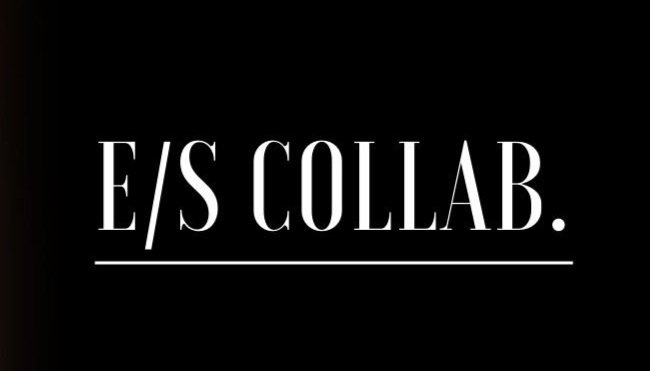Questions Asked More Than Once: Miscellaneous Contract Terminology
Questions Asked More Than Once is a sub-section of the E/S Collab. Blog. There are the generic FAQs and then there are those very specific questions that are often asked too late into the game. In an attempt to unriddle the important business stuff, we’re publishing those questions asked more than once and the answers we’ve given more than once. To be clear, posts in this series won’t be diving too deep and will be limited to a simple Q&A style.
1. What’s the difference between a deal memo and a long form agreement?
A deal memo will be a short form (and sometimes non-binding) agreement which sets out the key commercial terms provisionally agreed between the parties. A long form agreement refers to the legally binding agreement between parties incorporating all the commercial terms set out in the deal memo, as well as other industry standard and boilerplate clauses.
2. The indemnity clause in this contract is longer than Meryl Streep’s list of Academy Award nominations. What does it really mean?
Generally speaking, an indemnity is a legally binding promise where one party undertakes and agrees to accept the risk of loss or damage that another party may suffer. Yes, an indemnity provision is more often than not long and verbose but in sum the point of it is to say – hey, if you lose money because I’ve lied to you in this contract, or broken any of my promises, I’ll cover you for that loss. Every indemnity clause is different, so always get it double checked by a lawyer.
3. What does “for good and valuable consideration…” mean?
“Consideration” is an essential element for a valid and enforceable contract. Consideration is anything of value - it can be money, or even a simple exchanging of promises. If you see this language in a contract, it’s usually boilerplate language which is there for a reason.
4. What does “MFN” mean?
Abr: Most Favored Nations. A particular deal point is to be treated equally or tied with all other deals of its kind. In the event another deal contains a more favorable term, then all such “MFN” deal points will be bumped up to that better term.
As an example, if Sally is to receive 1% of Net Receipts on an MFN basis with all other fellow cast members, and Susan agrees to star in the film provided she gets 3% of Net Receipts, then Sally now is contractually entitled to receive 3% of Net Receipts too.
MFN deal points can have several overflow effects so before agreeing to a MFN term, always think through its implications.
5. To make everyone happy, can I just make them all MFN with each other?
No, this is not a good idea.
6. My distributor’s delivery schedule is asking me to secure a waiver of injunctive relief from third parties. What does that mean?
Injunctive relief is a form of legal and equitable relief where a court will order a party to do certain acts or refrain from doing certain acts e.g. a producer may be compelled to stop production of a film, or to stop its commercial release, under an injunctive order. Most contracts for any one project will include a clause whereby cast, crew, service providers, anyone involved in the film, will specifically waive their right to injunctive relief (for the benefit of the production). At contracting stage, in addition to protecting the project and the stakeholders, it’s also important to think about future stakeholders - what your distributor or sales agents might need, and plan accordingly.
7. What's the difference between fixed and contingent compensation?
Fixed compensation is the base salary or pay agreed upon in exchange for services.
Contingent compensation refers to agreed payments that only occur if and when there is a specific event triggering it e.g. profit participation is a form of contingent compensation – an individual or entity receives profit once the project starts to make a profit. Box office bonuses are another form of contingent compensation – an individual or entity receives a bonus when box office receipts hit certain thresholds or milestones either domestically or globally.
Questions? Drop us a line.
Disclaimer: This post should not be construed as legal or commercial advice and we recommend that you obtain independent advice before entering into any contracts or agreements for your specific project. E/S Collab. makes no warranty or representation that this information is exhaustive, complete or accurate.
